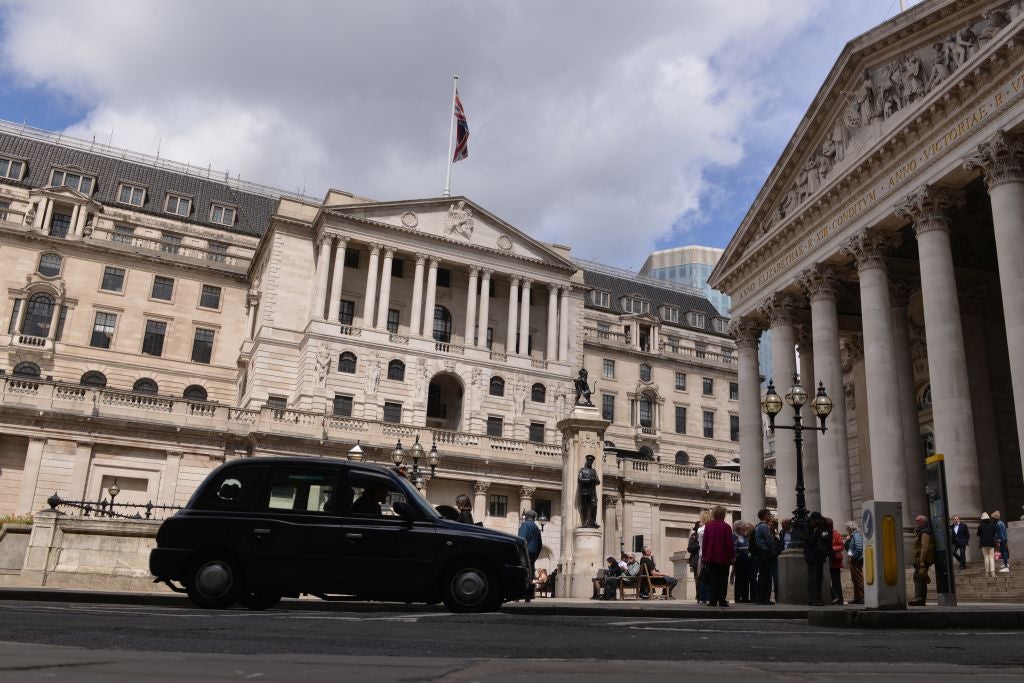The Bank of England is celebrating 25 years of independence. The received wisdom is that Gordon Brown made a brave move that gave both the bank and the incoming Labour government credibility. For much of the period since 1997 official rates of inflation have appeared to be under control – central bank independence seemed to be working. Behind the scenes, however property and other asset prices seemed to be going up far faster than official inflation rate.
Now consumer prices have now taken off, it is having a massive impact on families and people are starting to ask questions. Was the pursuit of zero interest rate policy (ZIRP) so sensible? Is the combination of exceptionally low interest rates and quantitative easing (QE) just driving up asset prices and now fuelling inflation?
The reality is that the central bank policies of repressing interest have impacted the rich and poor in very different ways. Most debt is held by governments, companies and property owners. Low interest rates suit these three groups, as it means that they can respectively spend more, increase returns to shareholders and buy larger properties. Low interest rates increase the level of borrowing by these groups – effectively increasing the level of debt in the economy.
The rate at which the level of debt increases is important because the act of a commercial bank making a loan is generally how new money is created. The more debt, the more money in the economy. If the amount of money grows faster than economic activity, we start to see inflation. Alongside ZIRP the of England Bank has engaged in direct money creation through QE, further increasing the money supply. We have had two generations of inflation in property prices and rents.
We are now seeing inflation drive up the price of the other essentials in life. The wealthy are protected as their assets go up in value, their rent incomes increase and essentials make up only a small proportion of their expenditure. The government is protected because tax receipts increase and the expenditure can be held below the real level of inflation.
The debt trap of the non-wealthy
Debt and inflation work very differently for those who are not wealthy. Borrowing money, if you don’t have any assets, is not easy. Being able to borrow small amounts is a key part of the safety net for many families. That delay in receiving benefits or that unexpected bill can be punished by high interest rates and sometimes lead to the debt spiral of interest on unpaid interest. Payday lenders don’t operate ZIRP.

US Tariffs are shifting - will you react or anticipate?
Don’t let policy changes catch you off guard. Stay proactive with real-time data and expert analysis.
By GlobalDataThis is not capitalism; it is a corruption of capitalism. There are millions of lending transactions to enable the market to set interest rates. There is no need for the Bank of England to engage in the market manipulation that is ZIRP. The Bank of England’s remit of creating inflation and artificially lowering interest rates needs to end. It should focus on safeguarding our monetary and financial system. If governments want to spend more, they should raise money through taxation or borrow on the open market. Financiers, shareholders and property owners do not need to be subsidised by the activities of the Bank of England – capitalism has its own rewards.
We didn’t know it at the time, but 1997 was also the year when Millennials passed the baton to Generation Z. The oldest Generation Zers are now 25; the age when many of their parents bought their first home. How has Bank of England independence been for these young people that grew up under it? Recent graduates are currently paying 12% on their student loans and simultaneously receiving 1% interest on their deposits for a first home – a first home that the Bank of England is helping push further out of reach. Many graduates in the UK are struggling to save anything given the high costs of rent, utility bills and food. For this generation, the word ‘independence’ may come to mean ‘unelected’. The policies of ZIRP and QE will be seen as policies that favoured the rich and enabled governments to take on more debt – debt that the Millennials and Generation Zers will have to shoulder.





